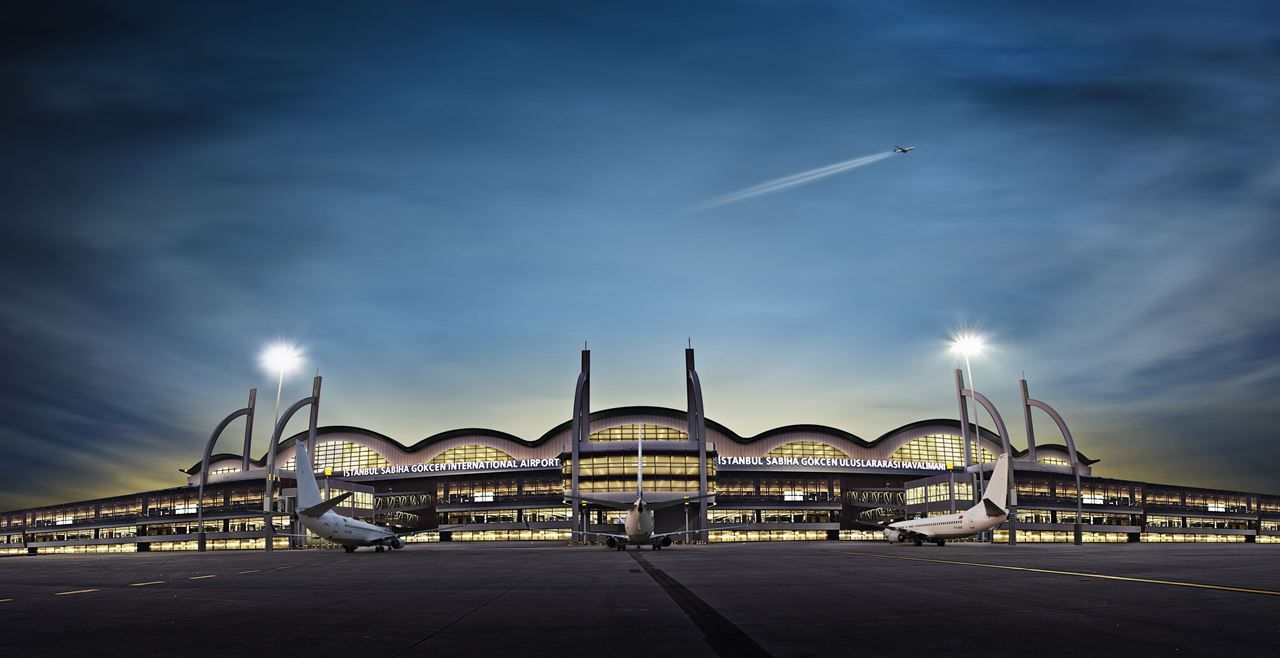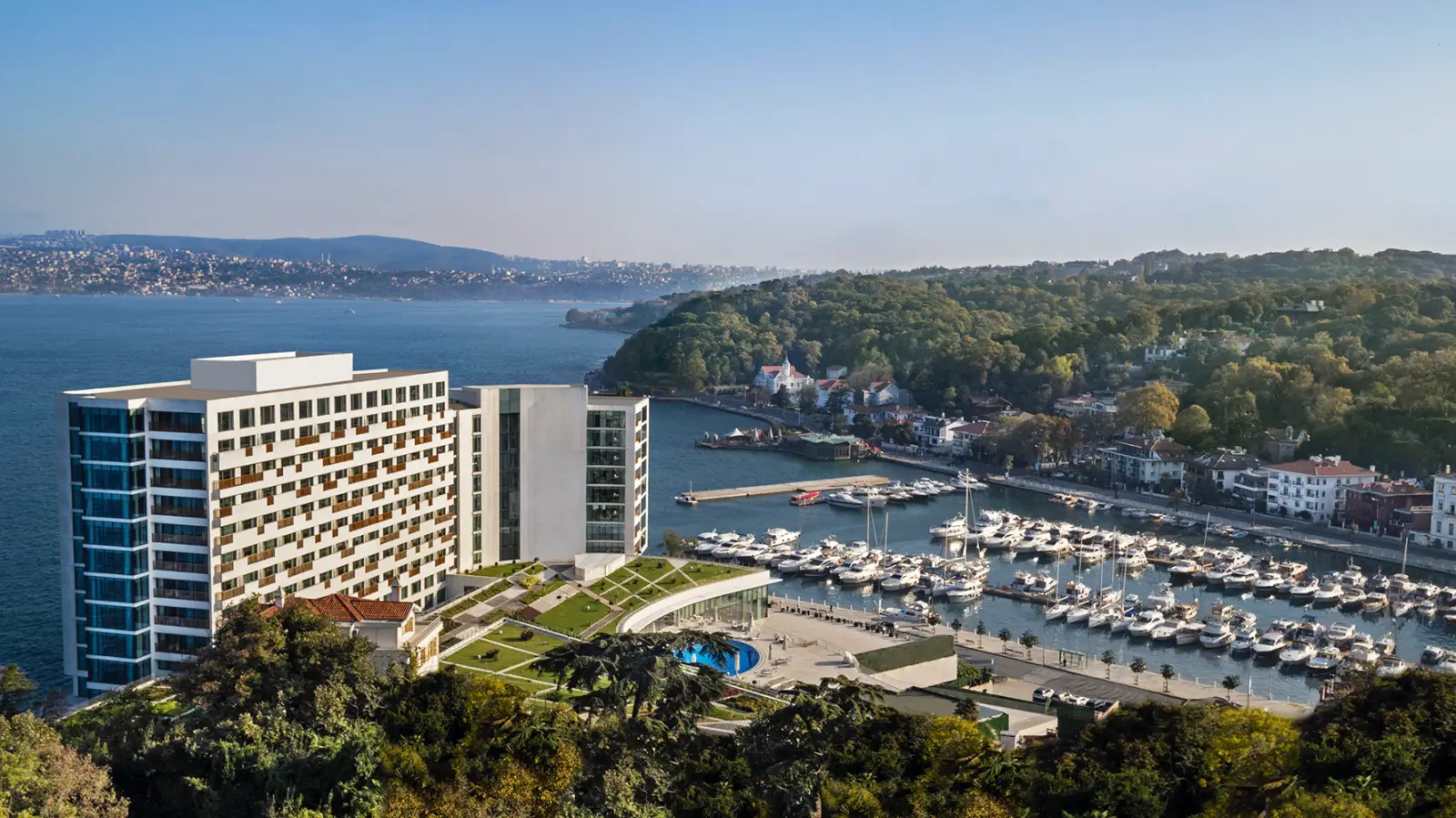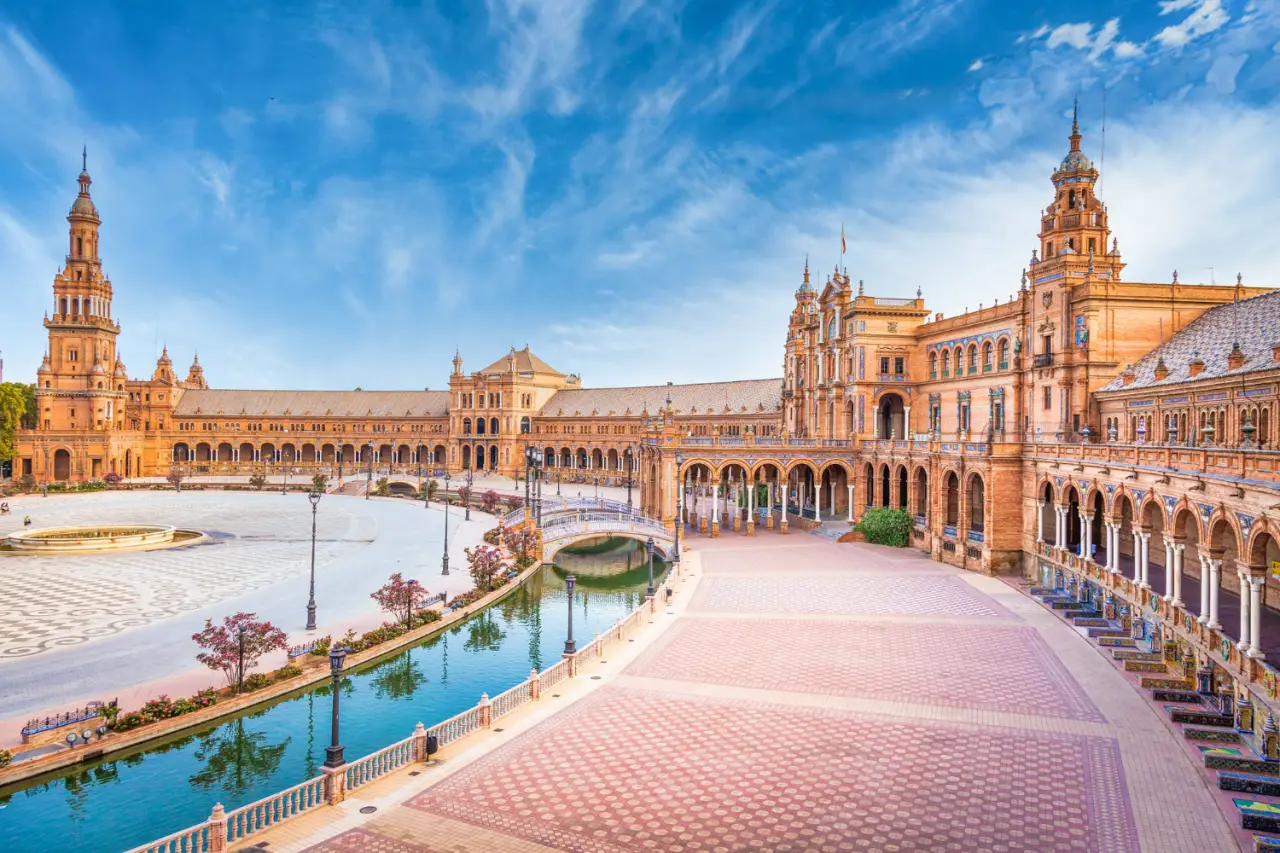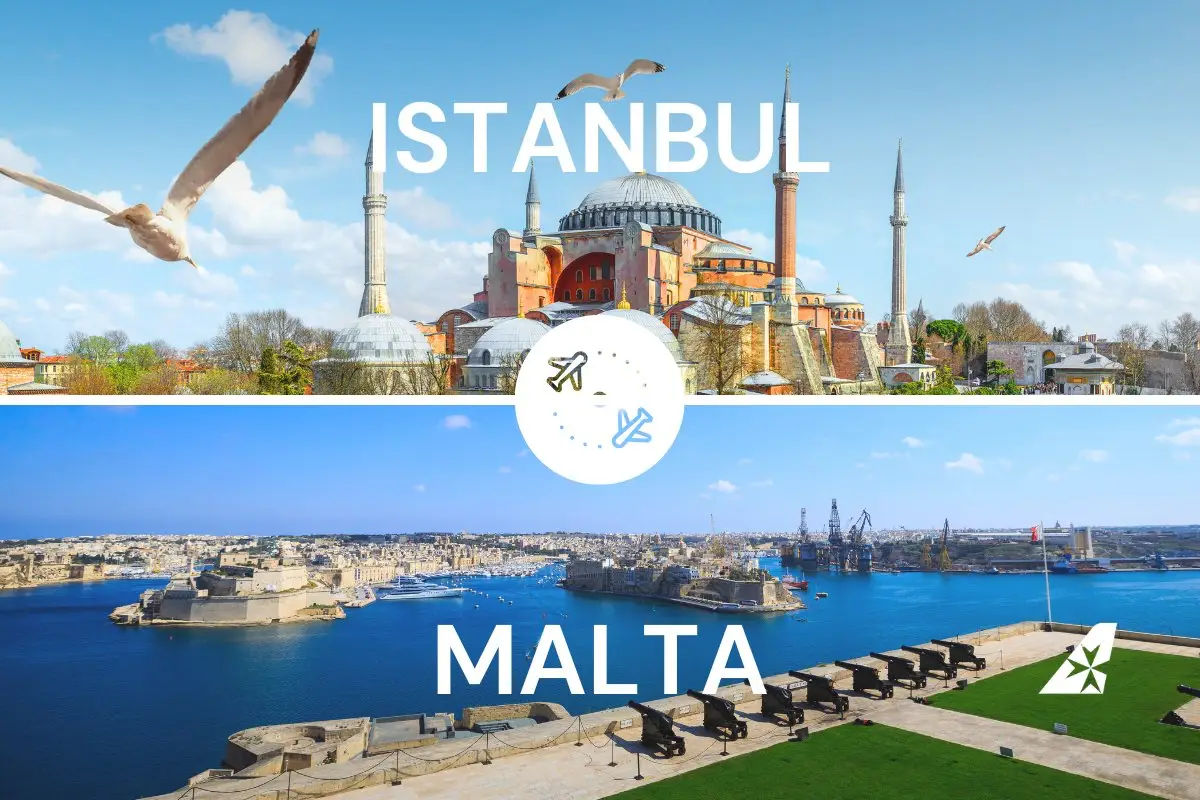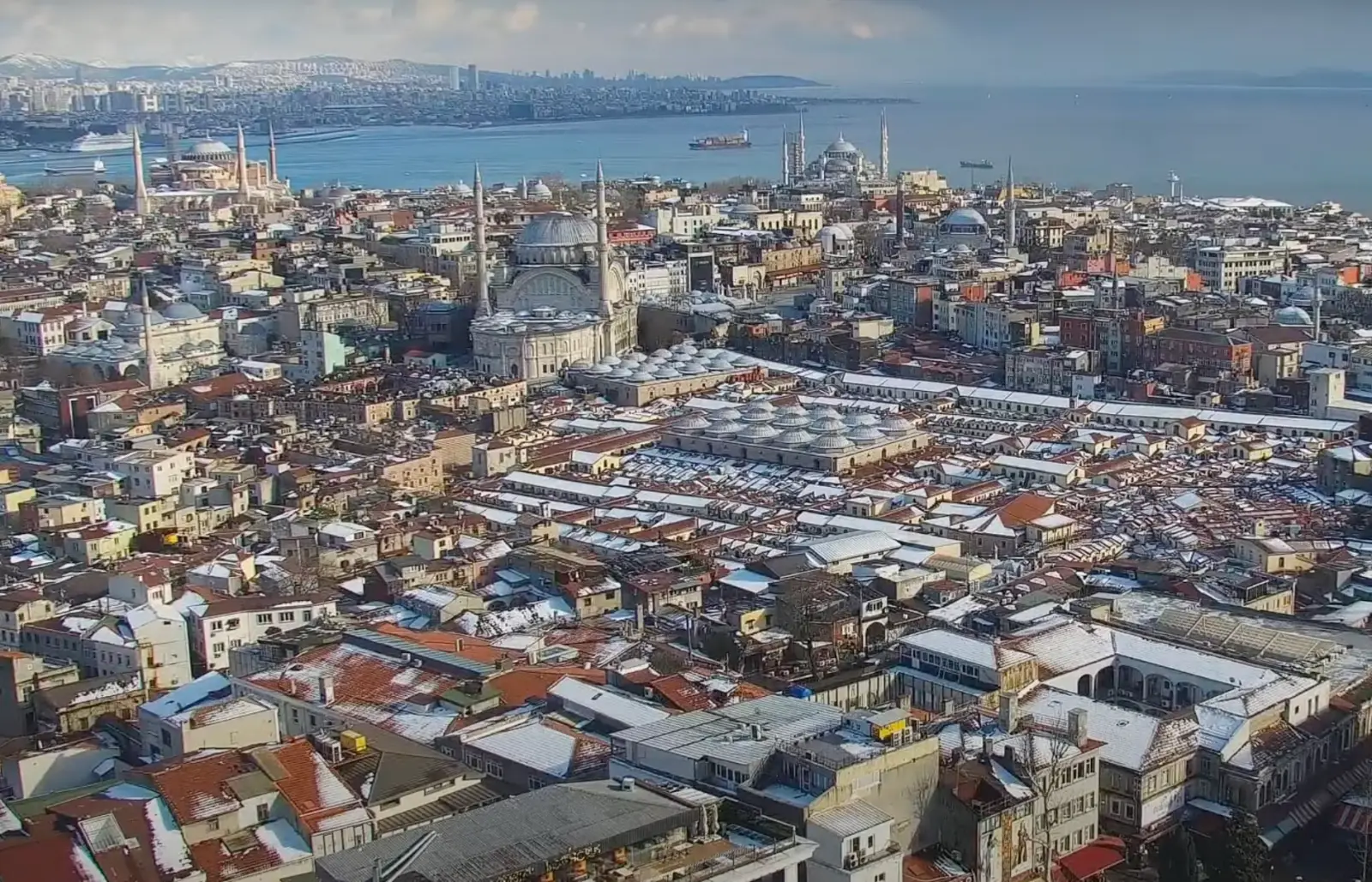Istanbul, the queen of cities, has proved a source of inspiration for generations of writers, artists, and musicians, among them a former top-British-diplomat-turned novelist.
Leigh Turner, who served as UK consul general in the city from 2012 to 2016, on Tuesday is releasing his new book, Palladium, named after a mythological relic that lies at the heart of the story.
The novel tells the story of a former British MI6 agent who tries to save a Turkish archaeology professor who happens to be his ex-girlfriend along with the Palladium, a talisman believed to have special powers, most notably to protect Istanbul from danger.
“Istanbul itself is a key character in the book – ancient and modern, full of smells, textures and flavors, countless people going about their daily business amongst one of the most spectacular settings of any city in the world,” Turner told Anadolu Agency.
The retired diplomat, 64, visited Turkiye’s Aegean coasts for the first time in the 1980s and later travelled around the western part of the country by bus in the early 1990s.
“But my visits in 2011 and coming as British consul general in 2012 were my first real opportunity to get to know the great city of Istanbul and its people,” he said.
“I discovered a vast, exciting city full of creativity, hospitality and enterprise – a wonderful place to be both as a diplomat and a writer.”
Turner describes his time in Istanbul as “unforgettable and thrilling,” and online coined the hashtag #reasonstolikeIstanbul to showcase hundreds of pictures of Istanbul.
‘I must write a thriller set here’
When Turner first visited Istanbul, in 2011, he was the British ambassador in Kyiv, Ukraine – well before the current conflict – some 1,000 kilometers (650 miles) almost directly north, across the Black Sea.
“Gulls swooped over the Bosphorus (Turkish Straits); the great dome of the Aya Sophia (Hagia Sophia) caught the sun; the throb of giant tankers echoed from waterfront yalis (houses or mansions on the Bosphorus). Ocean liners lay alongside the wharves,” he recalled.
“I thought: I must write a thriller set here.”
A year later, he was in Istanbul, this time with a new assignment, to be British consul general.
He recalled how he explored the “great, historic metropolis” and how he found the historic Bodrum Mosque in the Old City.
“It was built in the 10th century as a Greek church, the Myrelaion, which used as its foundation a fifth-century rotunda, (which was) converted into a water cistern several centuries later. Back in 2015, incredibly, the ancient cistern was used as a shopping arcade.”
“In 2012, Istanbul was booming, with building sites everywhere,” he said. “Huge skyscrapers were constructed from deep pits.”
But in a city with such a rich history, teeming with the remains of civilizations dating back millennia, this building boom perhaps inevitably led to tensions.
“Every time someone stuck a spade in the ground,” said Turner, “they found an ancient relic – or in the case of the Bosphorus tunnel excavation, a complete, previously unknown port. These discoveries often caused delays and conflict with developers.”
Archeological excavations across Istanbul have unearthed the wealth of the city’s historical background such as undersea tunnel excavations which laid bare over 8,000 years of history, as well as digs around a train station in the Kadikoy district which discovered ancient ruins, including tombs, artifacts, and a bath, all hinting at its rich past as the ancient city of Khalkedon or Chalcedon, once situated opposite Byzantium.
Jumping into the premise of his new book, Turner mused: “What, I thought, if an archaeologist racing to excavate a site ahead of the construction of a new skyscraper dug up an ancient relic that played into contemporary fears? Perhaps the novel might flash back to historic events? What if people believed the relic protected the city from harm? What catastrophe might threaten?”
“With the help of friends in Istanbul, I came up with a terrific idea for a cataclysmic threat to the city,” he said, hinting a bit more about the book’s plot, but avoiding spoiling its twists and turns.
Bursting with local color for Istanbul-philes, his new book “features the Myrelaion and its cistern; the Theodosian Walls of Istanbul; the Bosphorus; the Aya Sophia; the (17th-century inn, especially for merchants) Valide Han; a building site; ocean liners; and much, much more of Istanbul,” he said.
Flashbacks to pivotal 1453 siege
The diplomat-turned-writer said the first part of his novel includes “flashbacks to the siege of Istanbul in 1453,” resulting in the city’s historic conquest by the Ottoman Empire.
“The background to the book is the constant quest for understanding between East and West,” he said, touching on enduring themes that continue to affect Istanbul and Turkiye at large.
“Are we condemned to suffer fanaticism and polarization between peoples, ideologies and religions? Or can peoples and cultures work together to tackle joint challenges? Can John Savage and Orhan Mutlu bury their differences to find Elif? And can Savage and Elif ever be together?”
Turner grew up in Nigeria, Lesotho, and Swaziland in Africa, and attended Cambridge University, and is a polyglot, speaking French, German, and Russian, as well as some Ukrainian and Spanish plus Turkish. Among his books to date (some initially under the pseudonym Robert Pimm) are his Berlin thriller Blood Summit, satirical Eternal Life, and Black feminist comedy collection Seven Hotel Stories.
Palladium will be published in English by US-based publisher Immortal Works, for now leaving Turner’s Turkish-speaking fans waiting for a local publisher to tackle a version in the Turkish tongue.
“I would love to find a Turkish publisher,” he said.
Source: AA




